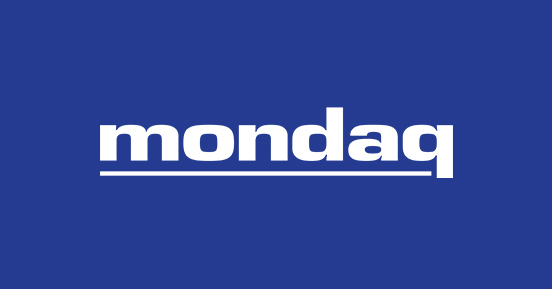In the relatively new frontier of non-fungible tokens, or “NFTs,” carefully drafted contracts with artists are essential to protecting any NFT collection. NFTs are crypto assets with identifying codes that make them unique. Each NFT is made up primarily of two parts: its digital representation, normally in the form of artwork, and its coded identification on a blockchain. Most NFT projects are the result of a healthy collaboration between a coding expert and an artist. Because digital representation is so important to an NFT's creation, sale, and retention of rights conferred, it is important that creators spend adequate time on the underlying NFT artist contract. The failure to carefully craft an NFT artist agreement can not only lead to the artist's detriment, but also open the entire NFT project to risks, such as intellectual property piracy and outright theft.
One of the main traits of NFTs that attracts buyers is that they allow owners verifiable, exclusive ownership over the assets. Ironically, piracy and theft run rampant in the world of NFTs, due to the fact that adequate protections and regulations are still developing in this relatively new market. While a foundation built upon digital artwork allows greater entry to artists of all proficiencies and geographies, it creates an innumerable number of opportunities for bad actors to strike as well. For example, this past June, the creators of Goblinass.town NFTs discovered that their entire collection of 8,888 unique Goblin Asses had been copied and posted as a separate collection for sale on the OpenSea marketplace. While OpenSea has its own authenticity safeguards, they are not always adequate. For starters, the speed at which transactions are executed through the platform allows hijackers to sell a large amount of their illicit collections before their ploy is discovered and shut down. Therefore, it is up to the NFT project's creators, the coders and the artists, to do all that they can to protect themselves on the front end. In the case of Globinass.town, one major shortcoming was that the collection's creators failed to copyright protect their artwork. As a result, they were unable to file a Digital Millennium Copyright Act (“DMCA”) takedown request.
The coder/minter and an artist are the foundation of every NFT project. Usually, they enter into a work-for-hire agreement. In a typical NFT work-for-hire arrangement, the artist, or independent contractor, grants the coder/minter ownership (or exclusive license) in and to his/her artwork as a digital representation of each NFT in the prospective collection. This arrangement must be carefully memorialized in the form of a contract before the artwork is created. The NFT artist contract should include, among other things, the following: 1) services to be performed by the independent contractor, 2) compensation, 3) legal ramifications of the “work-for-hire” relationship, 4) length of the agreement, and 5) limitations of liability. Key provisions of any NFT artist contract should also include a description of the minter's authority to obtain copyright and trademark rights in and to the underlying artwork. If these intellectual property rights are not clearly delineated in the NFT artist agreement, among other shortcomings, the project's creators will not be able to take quick and decisive action in the event of piracy or theft.
If you plan to develop an NFT collection of your own, make sure that your intellectual property is protected. Not only is the NFT landscape rapidly changing, but the provisions contained in comprehensive NFT artist agreements are also very nuanced and complicated. Given the foregoing, it is important that you consult with attorneys experienced in the NFT space when preparing NFT artist contracts.
Similar Blog Posts:
Wawa, Inc. Announces Exciting NFT Sweepstakes Game Promotion
NFT Trademarks: DOs and DON'Ts
How the McRib Became an NFT Giveaway
The content of this article is intended to provide a general guide to the subject matter. Specialist advice should be sought about your specific circumstances.
© Mondaq® Ltd 1994 – 2022. All Rights Reserved.
Forgot your password?
Free, unlimited access to more than half a million articles (one-article limit removed) from the diverse perspectives of 5,000 leading law, accountancy and advisory firms
Articles tailored to your interests and optional alerts about important changes
Receive priority invitations to relevant webinars and events
You’ll only need to do it once, and readership information is just for authors and is never sold to third parties.
We need this to enable us to match you with other users from the same organisation. It is also part of the information that we share to our content providers (“Contributors”) who contribute Content for free for your use.
Mondaq uses cookies on this website. By using our website you agree to our use of cookies as set out in our Privacy Policy.


